Conditions
Receiving comprehensive, evidence-based care for your treatment shouldn’t be hard, and the team at Diabetes & Weight Loss Center is here to help make it easy. Dr. Adriel Perez, DNP, A-APRN, FNP-C, and his team of friendly and knowledgeable staff can accurately diagnose your condition. As a bilingual practitioner, Adriel is proud to serve his patients in both English and Spanish. Whether you suspect you have diabetes or hypercalcemia, or you are suffering from a primary care condition like the flu, the medical professionals at Diabetes & Weight Loss Center are here to support you with a personalized course of treatment.
Common Endocrine & Metabolic Conditions We Treat
At Diabetes & Weight Loss Center, we see a wide variety of patients come in with a vast array of symptoms. While each individual is different, some of the more common conditions we see our practice include:
- Diabetes Mellitus Type II and Prediabetes
- Diabetes Mellitus Type I
- Insulin Resistance
- Metabolic Syndrome
- Hypothyroidism
- Obesity
- Osteoporosis
- Hypertension
- Hyperlipidemia
In addition, other common endocrine and metabolic conditions Adriel Perez is happy to treat include the following:
Thyroid nodules are small lumps that form on the thyroid, or the small gland in the neck responsible for regulating energy levels and metabolism. These thyroid nodules can either be solid or filled with fluid. Oftentimes, thyroid nodules are benign and don’t pose any threat. However, it’s important to see a doctor if you believe you have thyroid nodules, as there is a small chance they may be cancerous.
In some cases, thyroid nodules produce additional thyroxine, a hormone secreted by your thyroid gland. The extra thyroxine can cause symptoms of an overproduction of thyroid hormones (hyperthyroidism), such as:
- Unexplained weight loss
- Increased sweating
- Unexplained tremors
- Anxiety
Thyroid nodules can often be felt when firmly pressing two fingers along the side of the neck where the thyroid is located. Adriel Perez and his team can help you identify thyroid nodules if you believe you have them.
Hypercalcemia is characterized by an elevated level of calcium within the blood. Typically a result of an overactive parathyroid gland, hypercalcemia can result in weakened bones, kidney stones, and a host of other problems. Hypercalcemia can also be caused by other medical disorders, the use of certain prescription medications, or taking too many calcium or vitamin D supplements.
Common signs and symptoms of hypercalcemia include:
- Excessive thirst
- Frequent urination
- Upset stomach and vomiting
- Constipation
- Fatigue
- Fainting spells
- Heart palpitations
If you are experiencing two or more of the above symptoms and believe you may have hypercalcemia, it’s important you come in and see Adriel Perez and the team at Diabetes & Weight Loss Center at your earliest convenience. Treatment may include medication and lifestyle changes.
Hyperparathyroidism occurs when a parathyroid gland, small glands located in the neck behind the thyroid glands, secretes too much of the parathyroid hormone. The parathyroid glands are small glands – about the size of a grain of rice.
There are two different types of hyperparathyroidism: primary and secondary. Primary hyperparathyroidism occurs when the parathyroid gland is too large and causes an overproduction of hormones. This causes an elevation of calcium in the blood. Secondary hyperparathyroidism occurs when the parathyroid gland increases the release of parathyroid hormone to combat low calcium levels due to another disease, such as kidney disease.
Common symptoms of hyperparathyroidism include:
- Depression
- Fatigue
- Frequent urination
- Kidney stones
- Loss of appetite
- Osteoporosis
- Stomach pain
If you are experiencing two or more of the above symptoms, it’s important you see the medical professionals at Diabetes & Weight Loss Center as soon as you can. Treatment for hyperparathyroidism may include the use of medication, however, your treatment plan will be customized to you and your lifestyle.
Common Primary Care Conditions Treated
Adriel Perez is a skilled provider that offers comprehensive care for a wide range of primary care conditions. Some of the most common primary care conditions we treat include:
- Insulin Resistance
- Metabolic Syndrome
- Hypothyroidism
- Obesity/Weight Management
- Sinus Infections
- Sore Throat
- Sports Injuries
- Sprains and Strains
- STDs
- Strep Throat
- Osteoporosis
- Urinary Tract Infections
- Yeast Infections
- Prescription Refills
- Allergies
- Anxiety
- Asthma
- Bronchitis
- Cold & Flu
- Conjunctivitis (“pink eye”)
- Constipation
- Cough
- Annual Physical
Diabetes mellitus type II and prediabetes are metabolic conditions that affect how your body processes sugar (glucose). In type II diabetes, your body becomes resistant to insulin or doesn't produce enough of it, leading to elevated blood sugar levels. This chronic condition can result in serious health complications if not managed effectively, but with proper treatment, including lifestyle changes and medications, it can be controlled.
Prediabetes is a forerunner to type II diabetes, where blood sugar levels are higher than normal but are not yet in the diabetes range. Prediabetes serves as a warning sign, highlighting the importance of adopting healthier habits to prevent progression to type II diabetes. Early intervention and lifestyle modifications, such as having a balanced diet and getting regular exercise, play a crucial role in managing both conditions and reducing associated health risks.
Diabetes mellitus type I, often referred to as juvenile or insulin-dependent diabetes, is an autoimmune condition where the body's immune system attacks and destroys the insulin-producing cells in the pancreas. As a result, individuals with type I diabetes have little to no insulin, a hormone essential for regulating blood sugar levels. This chronic condition requires lifelong insulin therapy to manage blood sugar and prevent complications.
Type I diabetes is typically diagnosed at a younger age, and its management involves careful monitoring of blood sugar levels, carbohydrate intake, and regular insulin administration. While there is currently no cure, advances in medical technology and treatment options empower individuals with type I diabetes to lead full and active lives with proper care and attention to their health.
Hypertension, commonly known as high blood pressure, is a chronic medical condition characterized by elevated pressure within the arteries. This increased force of blood against the arterial walls can lead to potential health risks if left unmanaged. Often referred to as the "silent killer," hypertension may not present noticeable symptoms initially but can contribute to serious health issues such as heart disease, stroke, and kidney problems over time.
Lifestyle factors, genetics, and certain medical conditions can contribute to the development of high blood pressure. Monitoring blood pressure regularly, making dietary and lifestyle adjustments, and adhering to prescribed medications when necessary are vital in effectively managing hypertension and reducing associated health risks.
Hyperlipidemia, also known as high cholesterol, is a condition characterized by elevated levels of lipids (fats) in the bloodstream. These lipids include cholesterol and triglycerides. Excessively high levels of these substances can contribute to the buildup of fatty deposits in the arteries, a process known as atherosclerosis, which can restrict blood flow and increase the risk of heart disease and stroke.
Hyperlipidemia often has no noticeable symptoms on its own, making regular cholesterol screenings crucial for early detection and management. Lifestyle changes such as a healthy diet, regular exercise, and, when needed, medication prescribed by a healthcare professional can help maintain healthy lipid levels and reduce the risk of cardiovascular complications.
Respiratory infections encompass a range of illnesses that affect the respiratory system, which includes the lungs and airways.
These infections can be caused by viruses, bacteria, or other pathogens and can lead to symptoms such as coughing, sneezing, difficulty breathing, and chest discomfort. Common examples of respiratory infections include the common cold, influenza (flu), bronchitis, and pneumonia.
While many respiratory infections are mild and resolve on their own, some can be more severe, particularly in vulnerable populations such as the elderly, young children, and individuals with weakened immune systems. Preventive measures like practicing good hand hygiene, getting vaccinated against preventable respiratory illnesses, and avoiding close contact with sick individuals can help reduce the risk of respiratory infections.
Comprehensive Medical Care in Central Florida
To learn more about your condition and to receive an accurate diagnosis, we encourage you to call the Diabetes & Weight Loss Center in Oviedo, Florida, at (407) 890-1876. You can also request an appointment online using our convenient online appointment request form. Located in the heart of Oviedo, our providers are happy to provide comprehensive, evidence-based medical care to a Central Florida.


